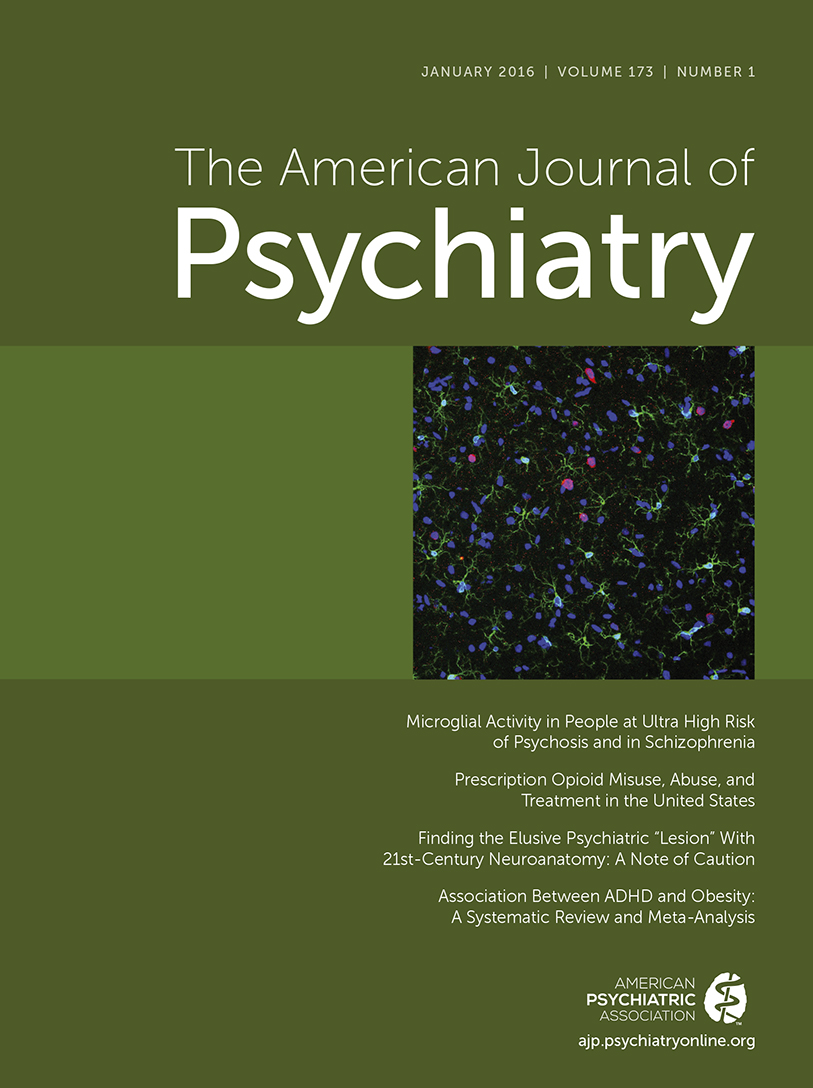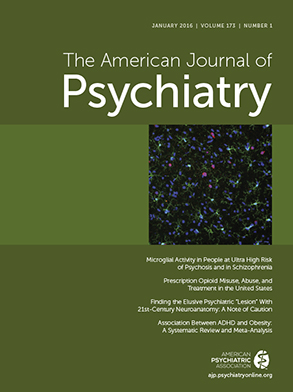Jonathan Glover has written a magisterial, comprehensive book on the importance of understanding psychological disturbance—in addition to using the latest medical knowledge—in the treatment of severely disturbed patients. He is a philosopher and professor of ethics at the School of Law at King’s College London and fears that the disordered mind might be seen as an alien landscape, with the treating psychiatrist viewing his patient as an indecipherable other. Hence the title of this paean to the virtues of an empathic understanding of even the most “disordered states.”
In the preface, he lets us know that he has had a family member afflicted with a psychiatric condition and has observed, for a quarter of a century, psychiatrists and their teams at work, with their different vantage points and levels of skill, knowledge, and sensitivity. And what an observing capacity and awareness of the field he has.
Buttressed by literary references, citations from the scientific literature, and examples from artists and poets, he paints a picture of the importance of understanding the seemingly alien mind. Whether Vincent van Gogh or Virginia Woolf, Fyodor Dostoevsky or William Blake, his well-reasoned and articulated contention is that all are understandable. And so, too, are the more severely disturbed, those with delusions and schizophrenia, not to mention those who are less disturbed but who still suffer from a malignant illness, such as the hospitalized antisocial personality.
He is quick to tell us that he is not a psychiatrist, and this shows. His presentation of material is not an in-depth understanding of the inner workings of the mind of the patient. There is no step-by-step elaboration of how the person in question develops, such as that found in other treatments of the psychology of psychosis, such as
Formless Infinity (
1);
Schizoid Phenomena, Object Relations and the Self (
2);
The Divided Self (
3); or
Unbearable Affect (
4). Instead, by reasoning and Socratic questioning, Glover gives us his view of a person and his development, more from the outside than from the inside. Even here, though, he has numerous comments from people who have recovered from severe disturbances, a little of how it happened, and how they are just like any of the rest of us, though often delayed, sidetracked, and overwhelmed by diseases and personality styles that have overtaken them. And through it all, they are seen as human.
He talks much about the importance of a sense of agency. He adopts a 12-step approach of 1 day at a time in dealing with addictions. A sense of responsibility and autonomy may be the best remedy for many psychiatric disturbances. Being a philosopher, he draws from Karl Popper (
5): “The brain is owned by the self, rather than the other way round. The active, psycho-physical self is the active programmer to the brain (which is the computer). The mind is, as Plato said, the pilot” (pp. 253-254). Then to Baruch Spinoza from
Ethics (
6): “The mind and body are one and the same thing, which is conceived now under the attribute of thought, now under the attribute of extension” (p. 254). With this introduction, he goes on to a very interesting discussion of agency and responsibility.
Let us turn to Glover’s discussion of delusions. Of course, delusional people are mistaken, believing that their own thoughts and intentions come from the outside. One’s own mental processes are viewed as being under the control of others.
“Persons with these delusions experience their thoughts or actions as passive. Their misplaced sense of passivity may be the key to both thought insertion and ‘alien control.’… The deluded person might know his or her intentions but just not realize that they are actively carrying them out” (p. 144).
And with passivity comes a failure of “self-monitoring mechanisms that normally give rise to the sense of agency” (p. 144). There are reasons for this failure. Under the pressure of vividness and visual or auditory intensity of delusional thought, one is prone to leaps of thought and a sense of revelation. He quotes from the memoir of someone recovering from psychosis in the 1950s: “It seemed that all truth, all the secrets of the Universe were being revealed, as though I had some clue, some Open-Sesame to creation” (p. 145). “Vividness and sense of revelation give such a powerfully authentic impression that skepticism stands little chance against them” (p. 145).
This is followed by a discussion of epistemological distortions and solipsism, which are well worth discussing with recovering psychotic patients in an attempt to help them distinguish inner from outer as they attempt to develop a sense of agency in their lives.
Glover sums up Alien Landscapes with the following: “We need the external scientific story. And the view from inside, interpreted with empathy but also with searching questions” (p. 392). Any decent psychiatric practitioner would surely agree with these time-tested truths: it is important in the treatment of our patients to stay up on the latest medications and techniques and empathically and humanely attempt to understand how the person sitting opposite us got into his or her current predicament.
In sum, this is an interesting exploration of psychiatric disturbance and is primarily literary, artistic, and philosophical. There are many clinical illustrations from interviews and writings, as well as a general overview of the importance of patients developing a sense of agency as they are treated as people and not as the deviant other. Humanity in our interactions with our patients is stressed. After all, we are all just people, hopefully not strange and indecipherable to each other.
It is a nice compendium of the philosophical strands that attempt to make sense of seemingly aberrant behavior. I would have thought that our field has known for several generations that it is important to treat patients humanely and wisely, using medications and psychotherapeutic techniques that help foster a sense of dignity, agency, and responsibility. I know many practitioners who inquire into the meaning and origin of behavior, thought, and beliefs, even psychotic beliefs. For those who need a refresher course, Alien Landscapes fits the bill as a reminder of the importance of an empathic and far-reaching psychotherapeutic exploration of all mental states in our very disturbed patients.

